Illustration: A media professional notes that these "special operations" are essentially designed to instill a sense of fear, leading to self-censorship. (Photo by Patrick Lux/Getty Images)
People News - Recently, the Cyberspace Administration of China (CAC) announced the launch of the 2025 "Clean and Clear" campaign, which includes eight key areas of internet regulation. How does this campaign relate to the CCP’s increasingly stringent censorship in recent years?
Former Weibo Censor: A Tool to Intimidate Internet Users
According to the CAC’s notice, this year’s "Clean and Clear" campaign will focus on eight major areas: Regulating the online environment during the Lunar New Year; Cracking down on "self-media" spreading false information; Addressing malicious marketing in short videos; Combating the misuse of AI technology; Curbing online attacks against businesses ("black mouths"); Regulating the online environment for minors during summer vacation; Controlling disorderly tipping in live-streaming; Suppressing content that "deliberately incites negative emotions".
Liu Lipeng, a former censorship officer at Sina Weibo, stated that the CAC's "Clean and Clear" campaign is now a routine method for controlling online speech: "In recent years, platforms have been required to report how many posts they’ve deleted under the 'Clean and Clear' campaign as a form of 'achievement.' This serves as a tool to intimidate internet users."
The "Clean and Clear" campaign was launched by the CAC in 2016. That year, the agency claimed to have shut down 1.045 million accounts, 1.29 million groups and forums, and arrested over 17,000 individuals for spreading content related to pornography, violence, and other prohibited topics.
Since then, the campaign has become an annual occurrence, with varying areas of focus. For example, in last year’s campaign, the CAC targeted influencers who engaged in "conspicuous wealth flaunting," leading to the banning of several popular accounts. In the 2023 campaign, the CAC specifically targeted content such as "hometown diaries" and "return home observations," claiming that such posts were being used to incite regional discrimination, spread anxiety, and highlight social issues.
CCP’s Online Censorship Extends Beyond Special Campaigns
Liu Lipeng gave an example, stating that amid China’s economic downturn in 2023, the Cyberspace Administration of China (CAC) used the "Clean and Clear" campaign as a pretext to censor content they did not want to see: "This is essentially a way for them to suppress unwanted information. The campaign itself is just an excuse."
He further explained that beyond these special campaigns, the CCP enforces everyday online censorship through other means: "For instance, insulting Xi Jinping would not even be classified under the 'Clean and Clear' campaign—such cases fall under separate censorship measures."
According to a February 21 notice from the CAC, the agency has been continuously expanding the "Clean and Clear" campaign in recent years, aiming to: "Concentrate resources, intensify efforts to crack down on various online violations, strictly penalize non-compliant platforms and accounts, achieve concrete results, and create a strong deterrent effect."
A Chinese self-media operator, who has been in the field for years, described his experience under the tightening censorship environment. Due to security concerns, he chose to remain anonymous: "Running a self-media account and commenting on current affairs feels like walking a tightrope. There is no clear standard for what might get you banned. These frequent 'special operations' serve one main purpose: to instil fear and force people into self-censorship."

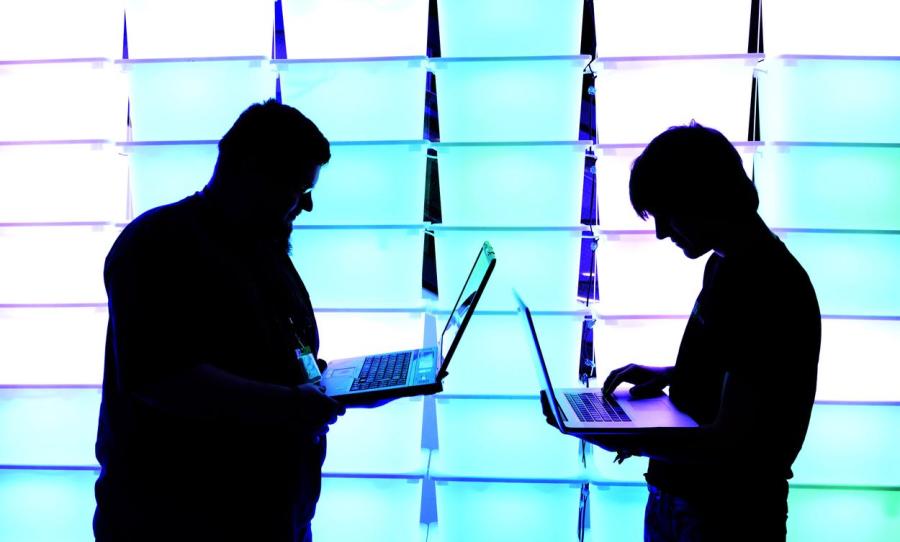

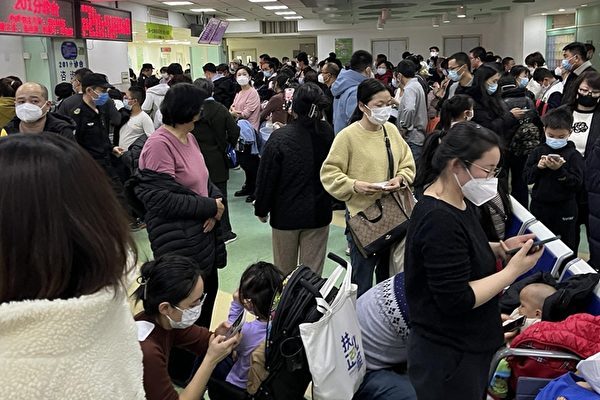
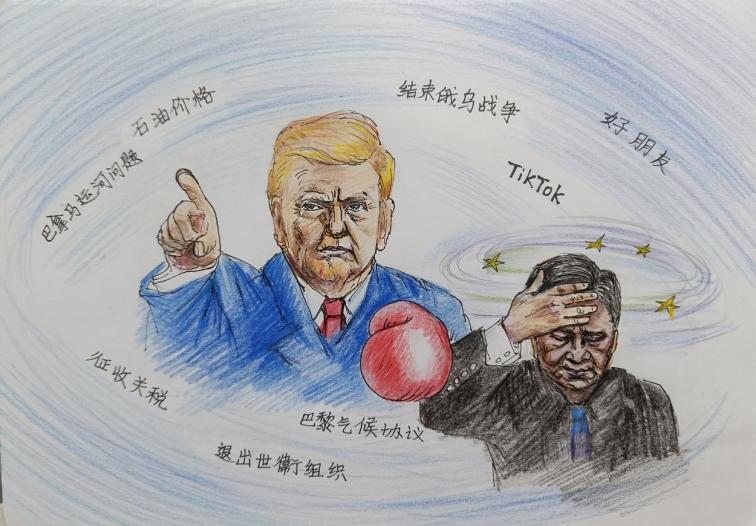
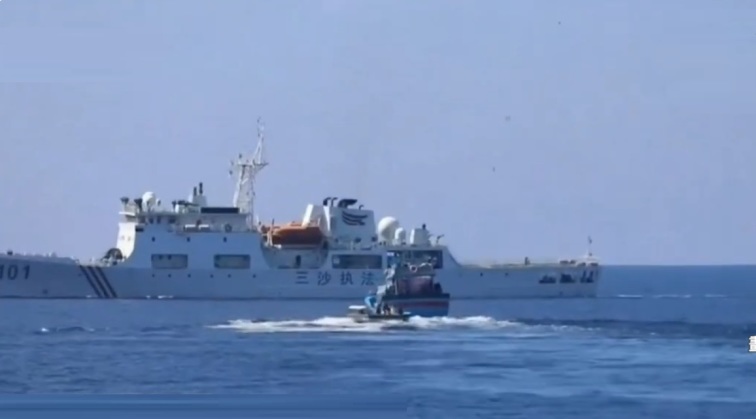
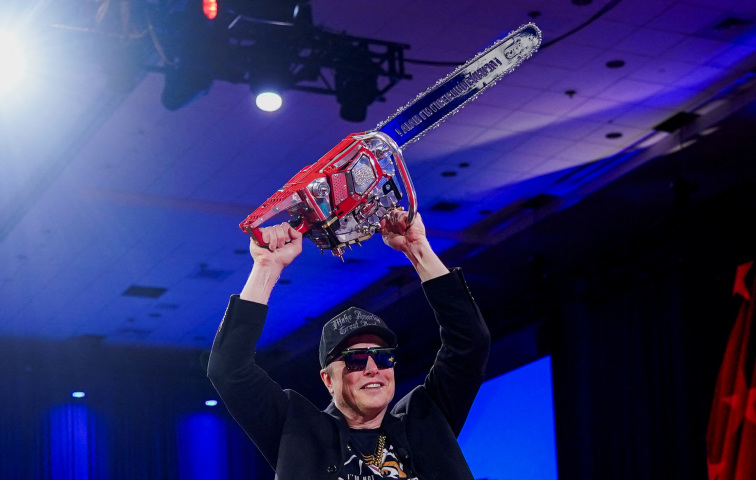

News magazine bootstrap themes!
I like this themes, fast loading and look profesional
Thank you Carlos!
You're welcome!
Please support me with give positive rating!
Yes Sure!